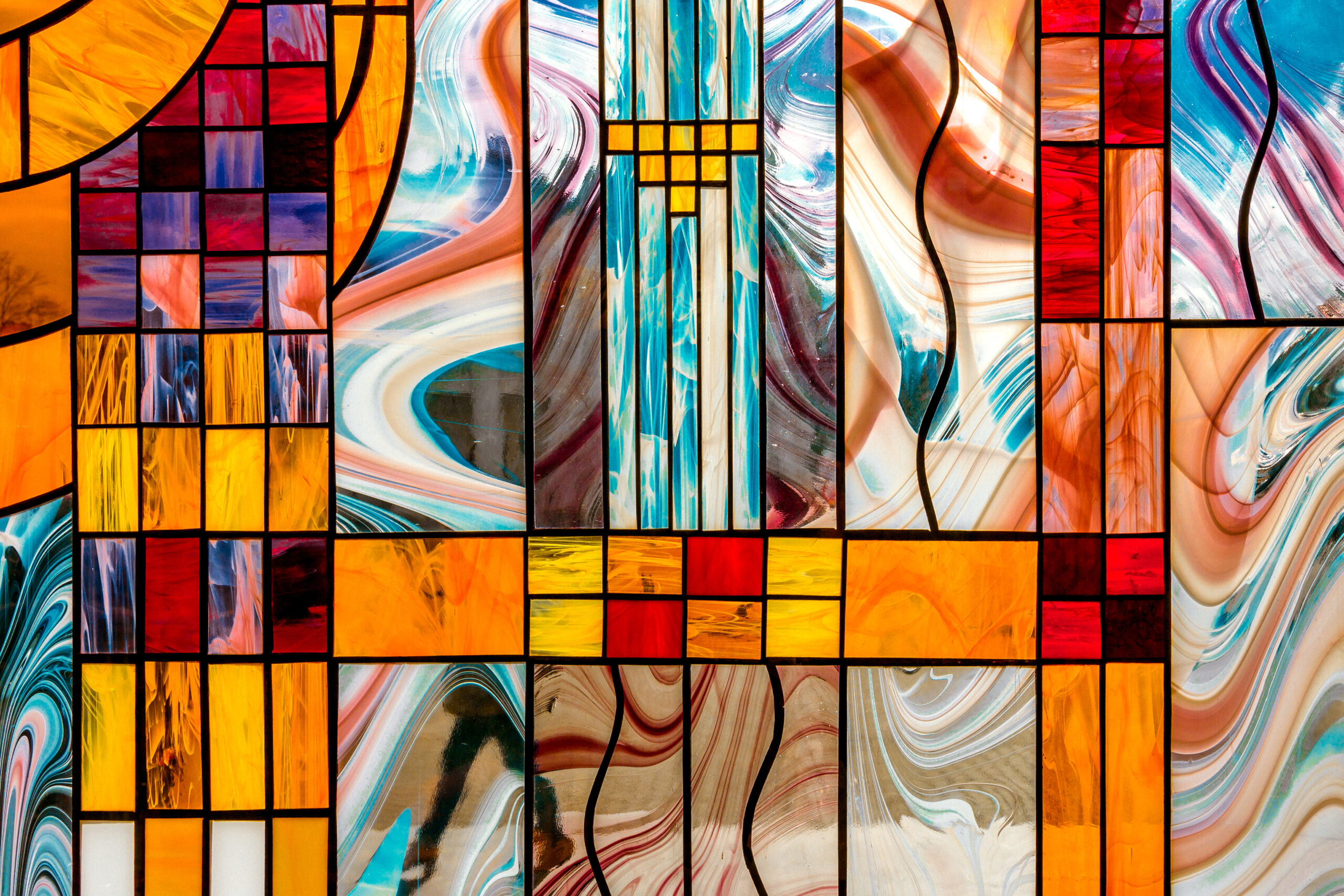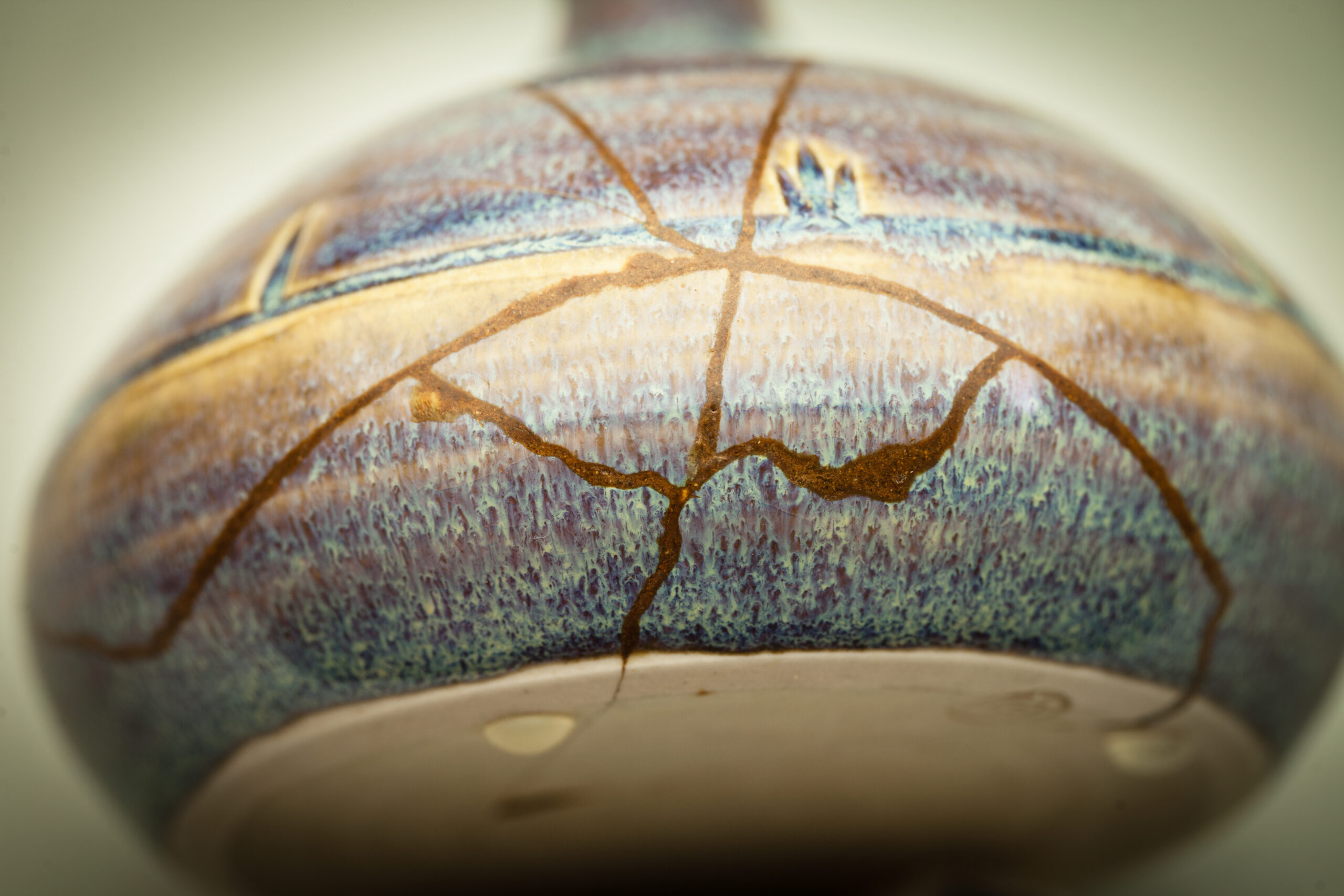Katie Steedly’s first-person piece [The Unspeakable Gift] is a riveting retelling of her participation in a National Institutes of Health study that aided her quest to come to grips with her life of living with a rare genetic disorder. Her writing is superb.
In recognition of receiving the Dateline Award for the Washingtonian Magazine essay, The Unspeakable Gift.
Enter your email here to receive Weekly Wide-Awake
Nonviolence

Nonviolence is not a garment to be put on and off at will. Its seat is in the heart, and it must be an inseparable part of our very being.
Gandhi
Chapter 6, “Nonviolence,” in Robert Lawrence Smith’s A Quaker Book of Wisdom reminds me of the rich history of nonviolence in our world. The concept of nonviolence can feel strange and powerless. It can feel like something society has gone far beyond – so far beyond relevance and possibility – to be actualized. It can feel like something spoken by prophets and saints and leaders and simply out of the grasp of our normal hands. Smith quotes William Penn, “A good end cannot sanctify evil means. Nor must we ever do evil, that good may come of it. . . . Let us then try what love will do.” Trying what love will do feels active, tangible, and real to me. It feels like a way of life that restores, builds, and heals. It feels like the antithesis of silence, cynicism, and despair.
Smith tells the stories of his service as an infantryman in Europe during WWII, his leadership of a Quaker day school during Vietnam, and his role as grandfather to illustrate different points on his personal journey to understand the complexity, and necessity, of nonviolence.
Our current violent world makes me think about my experiences with nonviolence.
From Sunday school as a child – where I was taught love one another above everything else, turn the other cheek, and forgive 7×70 – to studying, and living, and working in contexts that demanded I try what love will do all the time nonviolence has been held up. I continue to learn lessons everyday. Across all those contexts, trying what love will do has been quiet and ongoing and abiding, the way a whisper can remind us of our truth, the way a candle’s light can dance in the wind, the way a waterfall smooths stone. It has been personal and individual and global and revolutionary. I believe in revolutions of our souls. It has looked like listening, standing up, speaking out, and getting things done. Trying what love will do looks like peaceful protests. It is powerful in the way that it creates and invites and extends and generates. At this time when we celebrate the life and legacy of Civil Right’s leader Congressman John Lewis, his call for “good trouble” feels like trying what love will do. Perhaps that was what Ghandi meant when he likened nonviolence to wearing the garment whose seat is in the heart, inseparable from our very being.
About Katie

From Louisville. Live in Atlanta. Curious by nature. Researcher by education. Writer by practice. Grateful heart by desire.
Buy the Book!
The Stage Is On Fire, a memoir about hope and change, reasons for voyaging, and dreams burning down can be purchased on Amazon.





